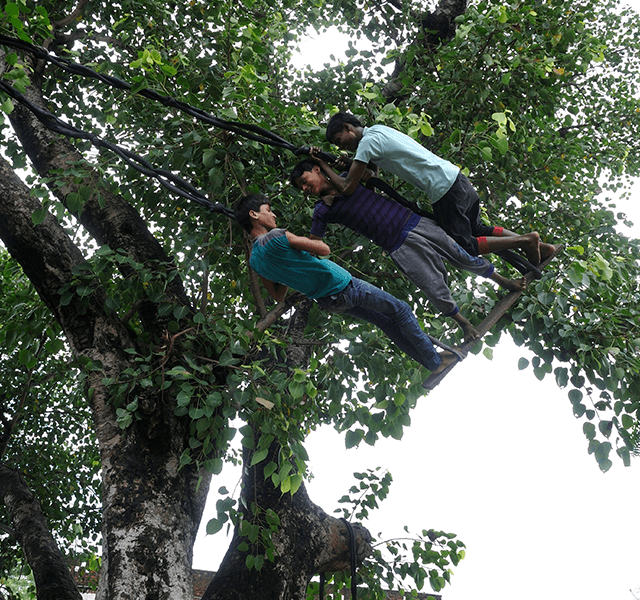

Comprehensive Digital Health Application for Uttar Pradesh is a digital job-aid tool for FLWs, district and block health officials for collecting the data at source. It is a mobile and web-based application that is built on a low-code platform based on key national and relevant international standards. The platform helps in collecting comprehensive unitized data at source for improved service delivery.
Read MoreThe SDGs aim at satisfying three-fourths of family planning needs through modern contraceptive methods by 2030. However, the traditional methods (TM) of family planning use are on the rise, along with modern contraception in Uttar Pradesh (UP), the most populous Indian state. This study attempts to explore the dynamics of rising TM use in the state.
Read MoreThe Government of Uttar Pradesh has rolled out a comprehensive digital health application called e-Kavach with the support of UP TSU. The app allows for longitudinal tracking of patient information – family planning, ANC, PNC, child health, & non-communicable diseases. It is intended for FLWs and facility-based users, with data available to all health officials for monitoring, identifying gaps, and developing implementation strategies. The report talks in-depth about the roll-out, challenges, and learnings from the pilot implemented in Uttar Pradesh.
Read MorePAHAL Issue 16 reflects back on the year 2022 and some key achievements by the Health and ICDS departments of UP. Some of the key highlights have been the in-principle agreement to link Revenue Villages to Health and Wellness Centers and to align the household responsibility of ASHAs and Anganwadi Workers within a revenue village. This will help reduce the missed beneficiaries for health and nutrition services and in easy exchange of data between the two.
Read MoreThe idea behind launching the ‘Daksh’ training was to enable the service providers, including the nurse mentors to provide high-quality maternal and child health services. It was a state-level, six-day, competency-based residential training and certification program to be implemented through a skill lab.
Read More